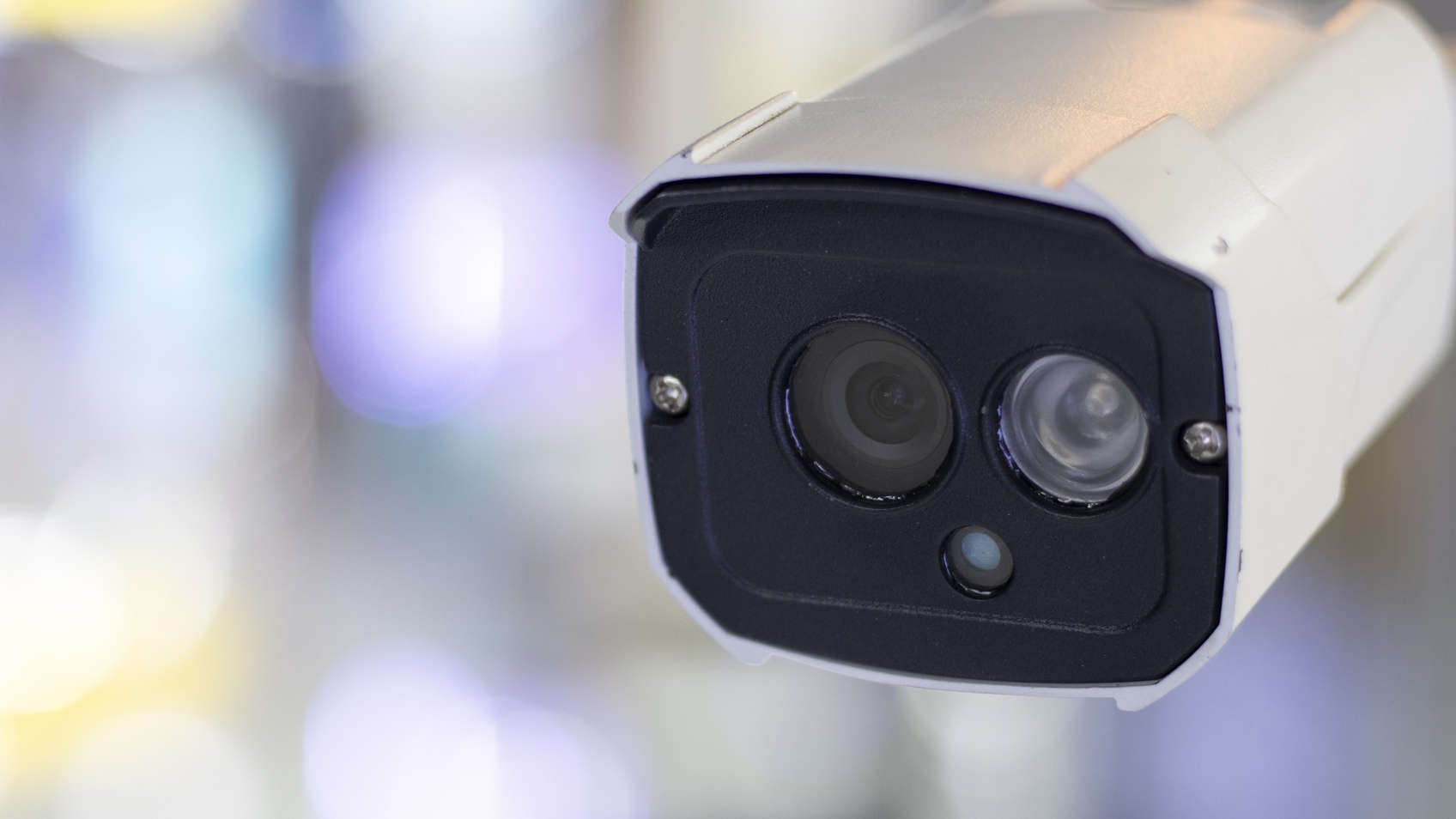The Detroit City Council voted in favor of a contract to provide support to the police department’s implementation of controversial facial recognition software in hopes of reducing crime on Tuesday.
The $200,000 endeavor with South Carolina-based company DataWorks Plus will cover upgrade and maintenance costs of the technology being referred to as "racist." Despite criticism from activists and community residents, the contract would run from Oct. 1 through Sept. 30, 2022, The Detroit News reports.
Members of the Detroit Will Breathe coalition organized a 10-car caravan protest on Tuesday through the city's East English Village neighborhood, chanting “Black Lives Matter” and “F**k facial recognition.”
“It’s racist, inaccurate and causes black and brown bodies harm and trauma they don’t need,” Jordan Weber, a 26 year old organizer with the coalition, said. “There are other ways of keeping our communities safe."
The city council’s initial approval of a two-year, $1 million contract for facial recognition software has faced public criticism since it was announced in 2017, according to the Detroit Free Press. The council delayed development on the initiative in June, citing a need for police to engage the community about its use.
Councilmember Raquel Castaneda-Lopez, who voted against the contract, said she couldn't support the software because of its “implicit bias” and the risk of discriminating against groups of people.
“It has proven in multiple studies to have a racial bias and that is one of the fundamental flaws,” she said. “I don’t support the administration saying 'if this contract doesn’t go through … we’re going to do it anyways.' That’s a really flawed approach to have and dangerous.”
A New York Times report suggests that face recognition systems aren’t reliable across race, gender and age, but work best on white men.
Councilman James Tate, who voted in favor of the facial recognition contract, acknowledged the pitfalls associated with the technology that by itself misidentifies people 96% of the time.
The Detroit police administration said the software’s intent is to add efficiency to investigations and speed up its processes. Police say the software’s face-matching components are paired with a digital database of mug shots.
Detroit Police Capt. Aric Tosqui said the technology has been used over 100 times since January, notifying police of 64 matches and assisting in 12 arrests.
Detroit Councilman Roy McCalister Jr. said "nothing is 100%" and emphasized the need to protect the rights of the innocent.
"People who are just living their daily lives and who are attacked, we want to make sure their constitutional rights and their privileges are just as much protected as well," he said.
In 2018, Robert Williams, a Black man, said he was mistakenly flagged by facial recognition as an alleged shoplifter in Detroit, according to the Detroit Free Press.
The charges were later dropped but not before Williams was arrested, detained for more than a day and questioned for his involvement in a crime he didn’t commit.
In June, The American Civil Liberties Union filed a complaint with the Detroit Board of Police Commissioners seeking the dismissal of William’s case, a public apology from the department and removal of Williams' information from police databases, The Detroit News reports.
Last year, police revised rules regarding the use of the software and removed a motion that allowed the software to be used to scan faces in real-time if there's a terror threat. Police also addressed punishment for officers who violate the software in the revisions.
The police department said there's a "strict policy" for the facial recognition software to only be used to assist with the most heinous, violent crimes and home invasions.
However, community organizers oppose the “inherent flaws” of the technology and have criticized its ability to reduce crime.
“Detroit Police Department changing its policy to only use facial recognition for violent crimes does not solve the inherent flaws in the technology,” Detroit-native Gabriela Alcazar said. “It does nothing to reduce crime.”
Despite public concern, law enforcement agencies around the country are incorporating facial recognition software similar to that being used by police in Detroit.
In August, more than 50 NYPD officers raided the home of a Black Lives Matter activist in full riot gear, as Blavity previously
reported. A spokesperson with the department said police were investigating 28-year-old Derrick Ingram "for an assault on a police officer" with a megaphone during a protest in Manhattan on June 14.
According to the Gothamist, photos taken from Ingram’s Instagram were used to track him. Police confirmed the use of the facial recognition software in the matter, but added that "no one has ever been arrested solely on the basis of a computer match."
